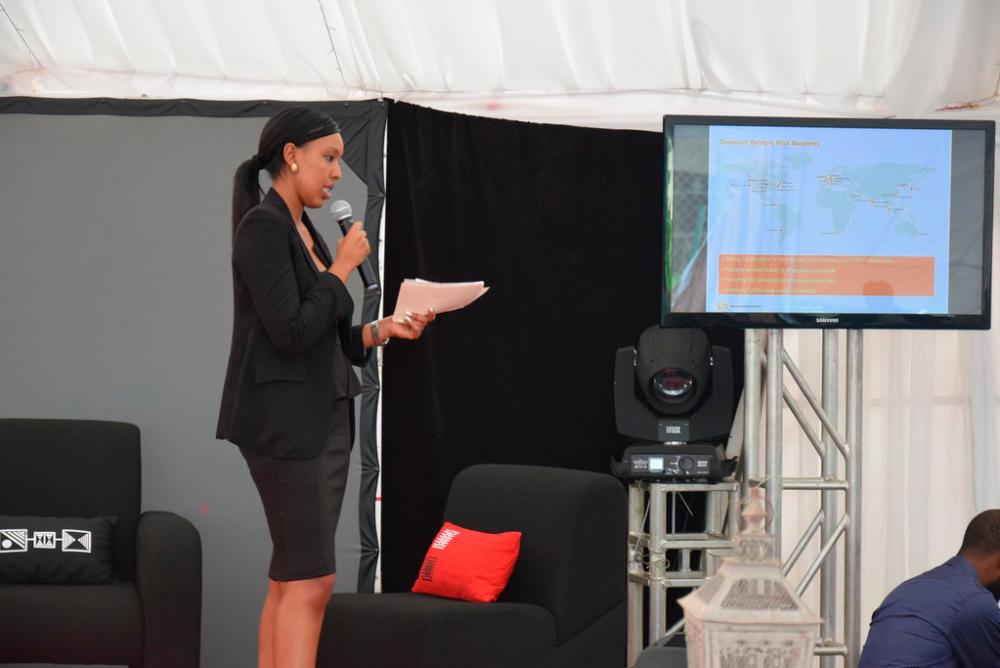PETALING JAYA: An academician has spoken out against adopting e-learning for students of higher learning institutions affected by the movement control order (MCO). He suggested that it be only used to complement classroom lectures.
Universiti Sains Malaysia (USM) lecturer Assoc Prof Datuk Dr P. Sundramoorthy said to make up for lost time, it will be wiser to extend the academic calendar by one semester.
E-learning will restrict intellectual discourse and debate, he said, adding that many issues need to be addressed before e-learning is adopted, including plagiarism and hardware problem.
He said the risk of computers crashing and the fact that not all students have access to high-speed internet access should also be taken into account.
“The academic calendar can be adjusted and delayed by one semester,” he told theSun.
“This would be ideal as the current employment situation is not at its best. E-learning is unsuitable for mainstream teaching.
“There are universities in Japan and South Korea that utilise e-learning as their system is very advanced and efficient. We cannot compare Malaysia with these countries which are way ahead in terms of per capita income and internet speed. We are nowhere near meaningful e-learning.”
Sundramoorthy, who is president of USM’s association of academic and administration staff, said the deferment of a semester is feasible for public universities.
“During World War II, universities were closed for two or three years and resumed after the conflicts. It is not so serious here. We can shorten semester breaks to replace the semester. Any fees for the replacement semester should be exempted,” he said.
Sundramoorthy added that students from low-income groups might have limited or no access to internet and they should not be penalised for being disadvantaged.
Prof Datuk Dr Teo Kok Seong, a principal research fellow, at the Institute of Ethnic Studies, Universiti Kebangsaan Malaysia agreed that e-learning should only complement face-to-face teaching and learning.
However, the idea of extending the academic year needs to be scrutinised as it affects students’ budget and graduation date, he said.
“Students would have to bear the fees for another semester, their accommodations and living costs.
“Of course, varsities can give such extensions because that’s what they do for students who are hospitalised and whatnots but it must be considered on the part of the students as well,” Teo said, adding that if many students extend their courses, it will also affect the flow of courses and new intakes.
He said universities can still catch up if the MCO is only for two weeks.
Meanwhile, Assoc Prof Dr Jeniri Amir of Universiti Malaysia Sarawak said the move to extend a semester is far-fetched for now.
“If the MCO period remains at two weeks or even three weeks, which will most probably be the case given the current circumstances, varsities can still catch up on the syllabus by extending lectures and giving extra classes.
“But if it stretches beyond three weeks, then it will be a problem. Only then must they consider extending the semester. This is important because certain courses cannot be compromised, such as medicine and engineering.”













